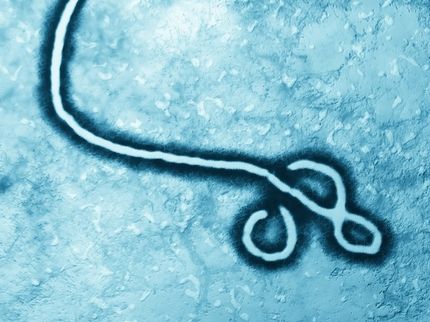AVI BioPharma and USAMRIID Announce NeuGene Antisense Drug Demonstrates Efficacy Against Ebola Virus
Advertisement
AVI BioPharma, Inc. , and the U.S. Army Medical Research Institute of infectious diseases (USAMRIID) announced positive results from experiments testing the effect of AVI's NeuGene® antisense drugs against Ebola virus (EBOV) in vivo. The NeuGene compounds targeted several EBOV genes.
These results, from extensive experiments, are the first associated with AVI's five-year Cooperative Research and Development Agreement (CRADA) with USAMRIID. Initiated in September, the CRADA covers a broad range of potential bioterror agents, including EBOV.
"The success in vivo against a lethal virus with no known treatments suggests that NeuGene antisense drugs may be a viable component of the country's biodefense strategy," said Patrick L. Iversen, Ph.D., senior vice president of research and development at AVI.
AVI's third-generation antisense agents targeted six of the seven major genes of EBOV. In a three-way collaboration between AVI and laboratories in Germany and USAMRIID, the antisense drugs showed promising results and convinced USAMRIID investigators to expand the research program.
"These results are quite remarkable as few, if any, agents have ever progressed to this level of protection from infection with EBOV," said Sina Bavari, Ph.D., USAMRIID scientist.
AVI's and USAMRIID's collaboration regarding Ebola virus began in February 2004 when a USAMRIID researcher sustained an accidental needle stick while working with EBOV-infected mice. AVI synthesized two antisense compounds and delivered them to USAMRIID in accordance with Food and Drug Administration (FDA) requirements within five days of learning of the accident. Although those drugs were not used for the researcher, who did not become symptomatic in 21 days of isolation, they are among those currently demonstrating success.
AVI's rapid response therapeutics platform addresses the specific needs of antiviral therapeutic development in today's evolving global health landscape. NeuGene antisense compounds are synthetic polymers that mirror a critical portion of a disease-causing organism's genetic code and bind to specific portions of the target genetic sequence. Like a key in a lock, NeuGeneS match up precisely with a specific gene or viral sequence, blocking the function of the target gene or virus.























































